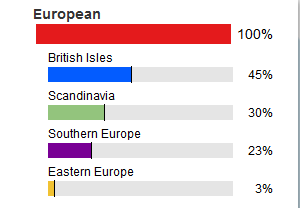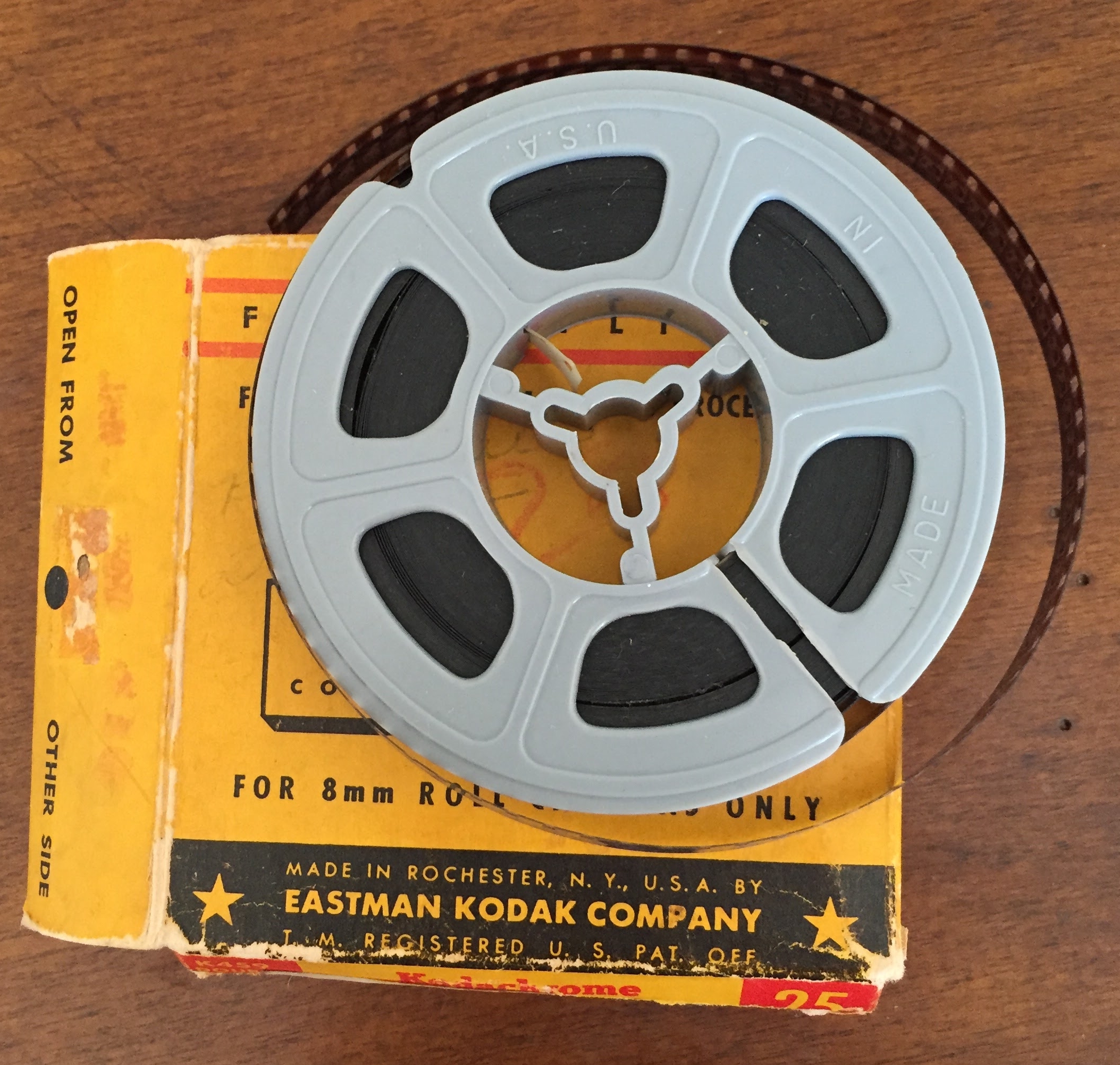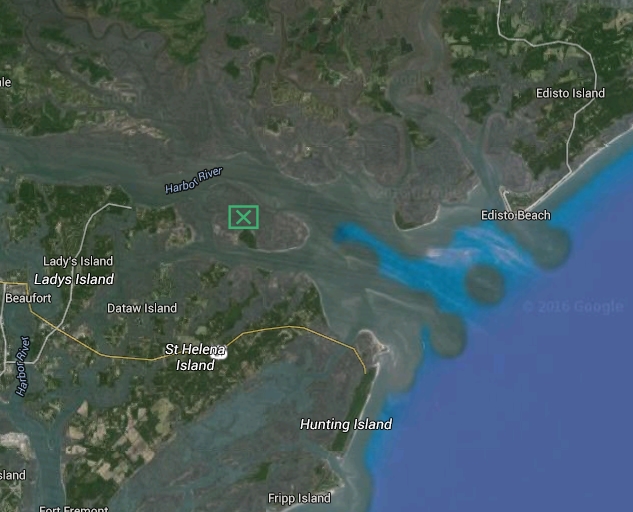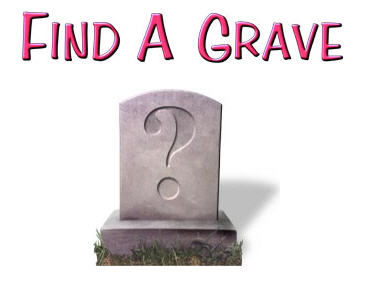DNA testing and Genetic Genealogy caught my attention several years ago.
Since that time, I have submitted saliva samples to both FTDNA and Ancestry in an attempt to confirm my heritage, and hopefully, find previously unknown relatives.
I have been fortunate. Not only has the testing allowed me to discover cousins on my paternal side, but my maternal as well. My Dad’s ancestors hailed from Scotland, Ireland, & Norway before immigrating to the new world. Mom’s came from Germany, Spain, & Italy, just to name a few.
As you can see from the graphics below, I am, like each of you, the result of centuries of marriages and births from men and women of many countries.
(Left graphic: FTNDA Family Finder, My Origins)
(Right graphic: Ancestry.com, Ethnicity Estimate)
The DNA test results themselves are simply numbers, known as STR’s and SNP’s. But by comparing those results to others who have been tested, your family tree and heritage begin to take shape. Should you decide to take a DNA test, be ready to dedicate some time to building a family tree. A history of your family is essential in getting the most benefit from your test results.
Basic testing is relatively inexpensive, around $100. Advanced tests are obviously more expensive, but the overall cost is dropping yearly as testing technology improves.
Here are the three basic tests to consider:
YDNA – The Y chromosome is passed almost unchanged from father to son. This test helps you trace your paternal ancestry
MtDNA – Mitochondrial DNA is passed down almost unchanged from a mother to her children. This test helps you trace your maternal ancestry
Autosomal – Compares your DNA to others who have taken the same test to find relatives within approximately 5 generations
I have used both Family Tree DNA and Ancestry for testing and recommend both for your consideration.
FTDNA has the largest variety of tests and is particularly useful for tracing paternal and maternal lines. The company also promotes surname studies by volunteers. My surname, Ervin, (and its variant spellings) is carried by 100,000 males throughout the world. The Clan Irwin DNA Project is an excellent example of a successful surname project using FTDNA testing. Clan Irwin DNA Study
FTDNA also offers MtDNA and Autosomal (known as Family Finder).
Ancestry offers an autosomal test known as AncestryDNA. This test is just as good as the FTDNA test. Ancestry also offers an online software program to help build your family tree.
Both FTDNA and Ancestry autosomal tests compare your results to others and suggest possible matches, from both your paternal and maternal lines.
Regardless of the tests you decide to take, the results will help discover where your ancestors once lived. Further research will offer you the chance to find living relatives, read stories about your ancestors adventures, and perhaps, learn a little more about yourself during the process.
Disclaimer: I am a paying customer and subscriber of both FTDNA and Ancestry.com. Neither company has approved of this post nor paid for my endorsements.





